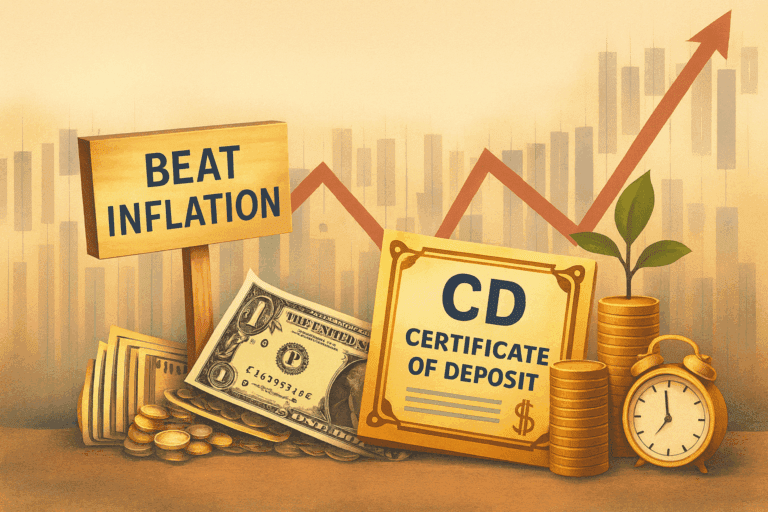Students in college are just getting their first taste of the real world. They’re making important financial decisions for the first times in their lives, and they’re looking to create their futures. So, should they have credit cards while they’re in school? Let’s look at the pros and cons.
Pro: Building Credit
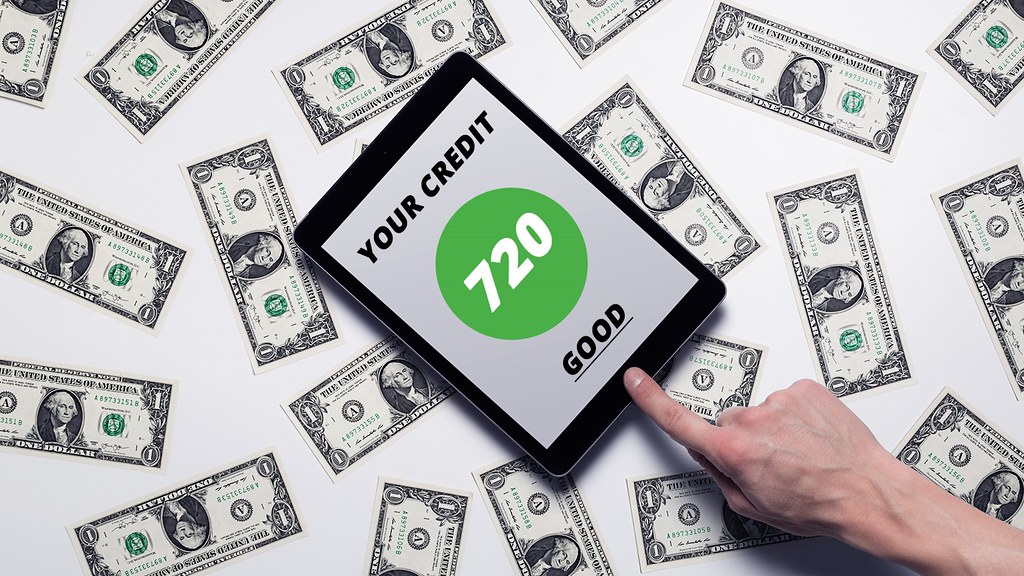
One upside to having a credit card while you’re in college is that you can build your credit on a solid foundation. This is vital because when you leave college, you’re going to want a good baseline for borrowing money. You might want to buy a car, or even buy a home! You’ll need good credit to do so.
Con: Tempting

The cliché of the broke college kid is a common one because it’s so true. College students are without their parents for the first time in their lives and they could see a credit card as a major temptation. Why not just put everything on the card and worry about the consequences later? This could really become a problem.
Pro: Learning to Manage Your Money

On the other hand, if a student is responsible with their credit card, they can learn a lot about managing their own budget. This is a great way for any young adult to get a good understanding of finances and what it means to make on-time payments and be responsible for their own credit.
Con: Could Hurt Credit

Unfortunately, while having a credit card while you’re in college can help build your credit, misuse of a card could really hurt it instead. If you’re not making consistent payments, you could find yourself staring down some serious credit card debt before you’ve even earned your degree.
Pro: Flexibility

A credit card gives a student flexibility to handle unforeseen situations. If they suddenly need a few bucks to handle something like a flat tire or some new textbooks, they can just throw it on their card and pay their card off before the bill accrues too much interest. That’s a compelling enough use case that many parents encourage their college-age kids to consider signing up for a credit card.
Other Options for Spending
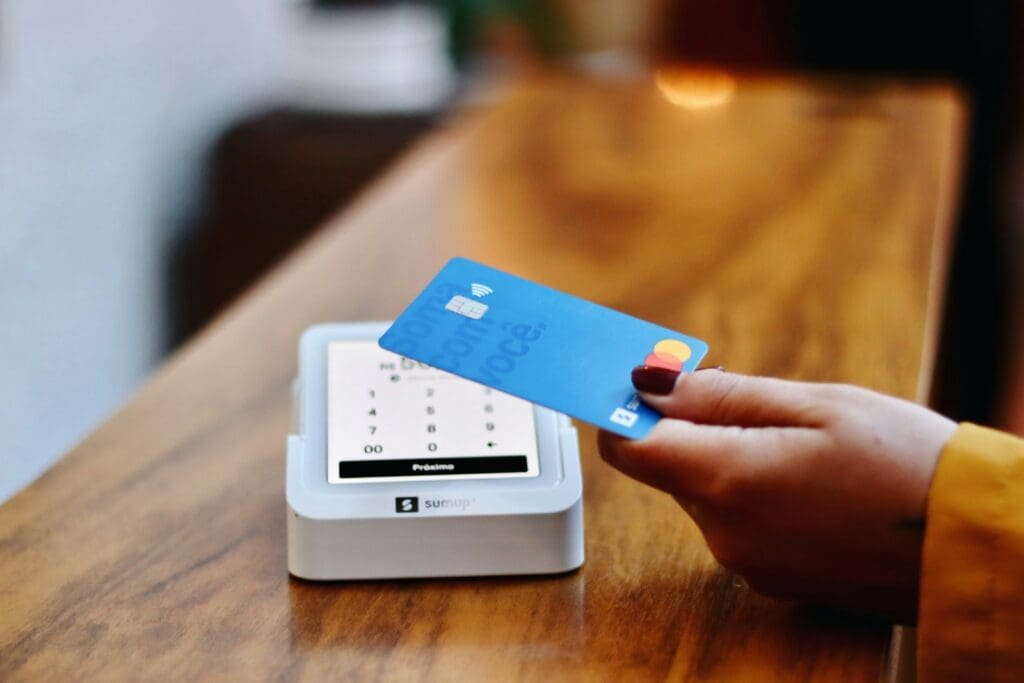
If it sounds like the cons outweigh the pros, there are other options for college students. You don’t have to just get a credit card or have no financial options! One such option is a secured credit card, which only allow you to spend as much as the value of the initial deposit. These still help you build credit but have a built-in limiter for overspending.
Debit Cards
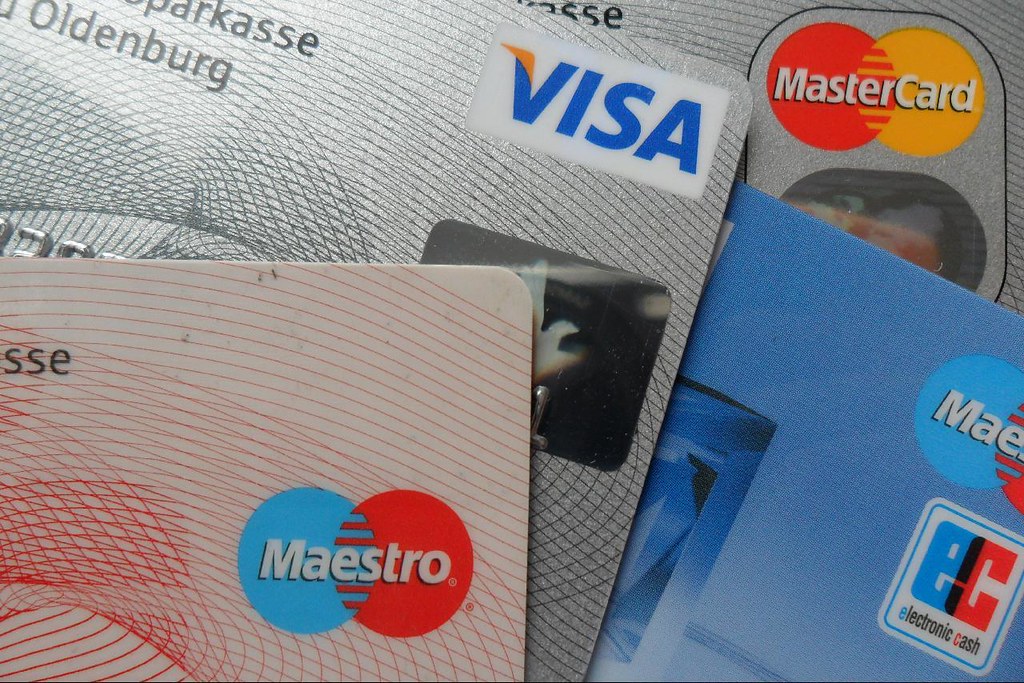
Many people prefer to just use debit cards, which pull funds straight from your checking account. These don’t help you build credit, but they also come with no risk of overspending. Essentially, debit cards are just a handy way to access your finances without carrying cash.
Prepaid Cards
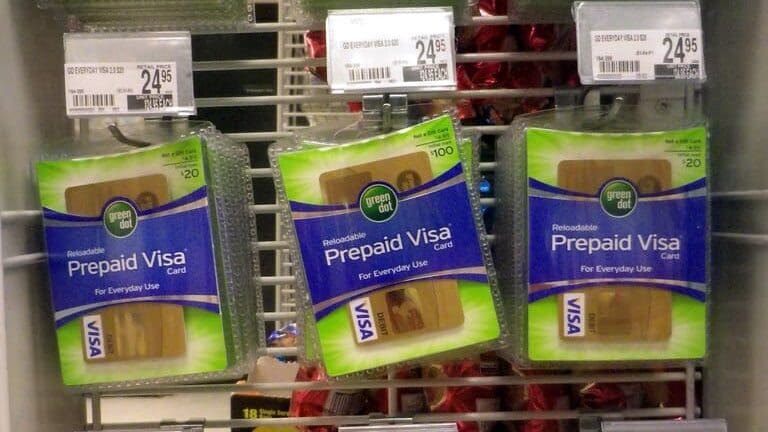
If you don’t have your own bank account, you might prefer to use pre-paid cards to handle your expenses. These are exactly what they sound like: cards that you pre-load with set amounts of money. Some parents prefer giving these to their college-age kids so they can access some emergency funds without running into trouble with credit cards. Like debit cards, these don’t help you build credit.
Read More: 15 Ways to Improve Your Credit Score
Other Ways to Build Credit

If building credit is more important than accessing funds, you could also consider a few other options. One is becoming an authorized user on a parent or other loved one’s credit card. This allows you to access some credit building without exposing you to potential overspending.
Read More: The Top Reasons You Should Have a Credit Card
Credit-Building Loans

You could also take out a small loan, which could help you cover minor expenses like textbooks or buying new dorm room furniture. Then, just make payments on this loan on time and reap some credit benefits. This helps limit your exposure to borrowing so you’re not tempted to overspend, as it’s a one-time loan instead of an open line of credit.
Read More: How Prepaid Credit Cards Protect Your Identity





